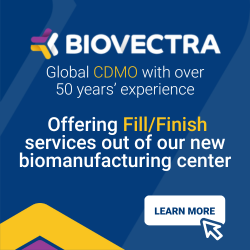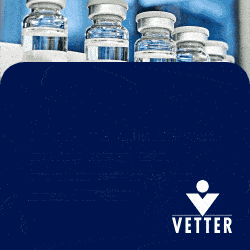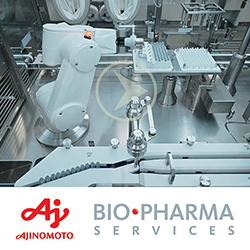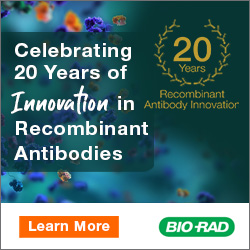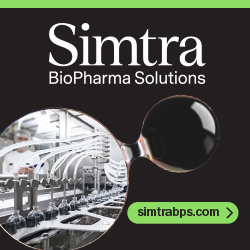Inovio Partners With National Cancer Institute & Mayo Clinic to Initiate Hepatitis C Immunotherapy Clinical Trial
Inovio Pharmaceuticals, Inc. recently announced its immunotherapy for hepatitis C (INO-8000) will be evaluated in a Phase I trial in chronically infected patients who are not receiving other hepatitis C virus (HCV) treatments. The study will enroll patients who are in the early stages of chronic HCV infection to determine the therapy’s ability to decrease and potentially eliminate HCV viral load, measure HCV specific immune responses and durability of these immune responses, and evaluate safety and tolerability. In this dose-escalation study INO-8000 will be combined with increasing doses of DNA-based IL-12 (INO-9012), an immune activator, which in previous studies has been shown to increase the therapeutic immune response to DNA immunotherapies.
The study is funded by the National Cancer Institute’s Division of Cancer Prevention and will be conducted at the Mayo Clinic and other US sites.
Among those initially infected with HCV, 75% to 85% will go on to develop chronic illness. More than 170 million people around the world are chronically infected with HCV. According to the US Centers for Disease Control (CDC) an estimated 3.5 million people in the US are chronically infected with HCV, with about 20,000 new cases of chronic HCV reported in the US in the last year. About 15,000 people in the US die each year of HCV-related causes.
Inovio’s SynCon DNA immunotherapy, INO-8000, is encoded for the antigens NS3/4A, NS4B, and NS5A of HCV genotypes 1a and 1b, the most difficult-to-treat genotypes. The product is designed to induce robust T cells to eliminate cells displaying these antigens and has been shown in published preclinical studies to generate powerful HCV-specific T cell responses throughout the body and in the liver.
Dr. Jeffrey Jacobson, the study’s Principal Investigator, said “Development of a vaccine therapy against hepatitis C would be important as a less expensive, simpler treatment alternative to several months of medication that should encourage better patient compliance, particularly in difficult-to-treat patient populations. It also holds the promise of inducing immunity protective against re-infection in patients who continue to be exposed, a not uncommon problem.” Dr. Jacobson is Professor of Medicine, Neuroscience and Neurovirology at the Lewis Katz School of Medicine, Temple University.
Dr. J. Joseph Kim, President and CEO, said “Despite recent treatment advances, HCV infection remains a burden on our healthcare and payor system and continues to spread. Today’s expensive drugs are highly effective in treating HCV but are not available to the majority of infected individuals. We are pleased to join the NCI and Mayo Clinic in this quest to develop an alternative medical solution to fight this disease, which remains one of the fastest-developing markets in healthcare.”
Inovio previously announced that it signed a collaborative agreement with GeneOne Life Sciences to develop INO-8000, along with a DNA IL-28 immune activator, in drug-resistant HCV patients in a Phase I study in Korea. That study is on-going.
Hepatitis C is a contagious liver disease that ranges in severity from a mild illness lasting a few weeks to a serious lifelong illness that attacks the liver. It results from infection with the hepatitis C virus, which is spread primarily through contact with the blood of an infected person. Hepatitis C can be either “acute” or “chronic.” Acute hepatitis C virus infection is a short-term illness that occurs within the first six months after someone is exposed to the virus. For most people, acute infection leads to chronic infection, which can last a lifetime and lead to serious liver problems including cirrhosis (scarring of the liver) or liver cancer.
Inovio is taking immunotherapy to the next level in the fight against cancer and infectious diseases. It is the only immunotherapy company that has reported generating T cells in vivo in high quantity that are fully functional and whose killing capacity correlates with relevant clinical outcomes with a favorable safety profile. With an expanding portfolio of immune therapies, the company is advancing a growing preclinical and clinical stage product pipeline. Partners and collaborators include MedImmune, Roche, The Wistar Institute, University of Pennsylvania, DARPA, GeneOne Life Science, Drexel University, NIH, HIV Vaccines Trial Network, National Cancer Institute, U.S. Military HIV Research Program, and University of Manitoba. For more information, visit www.inovio.com.
Total Page Views: 1064







